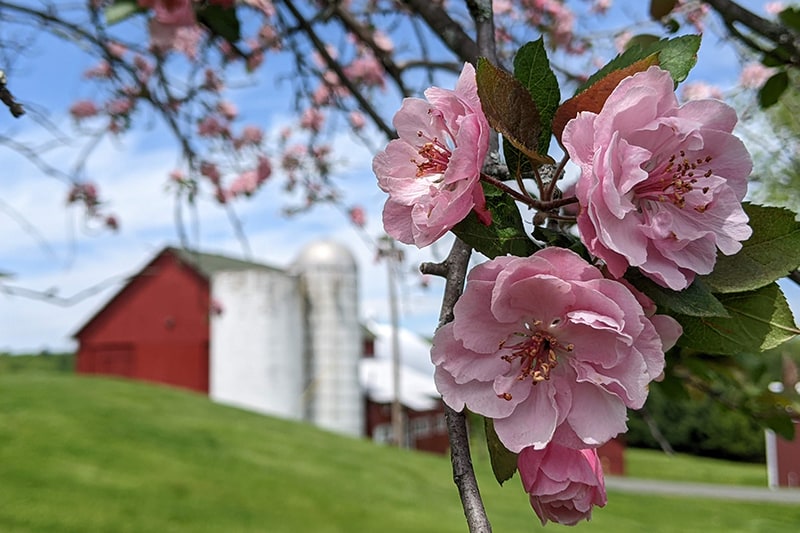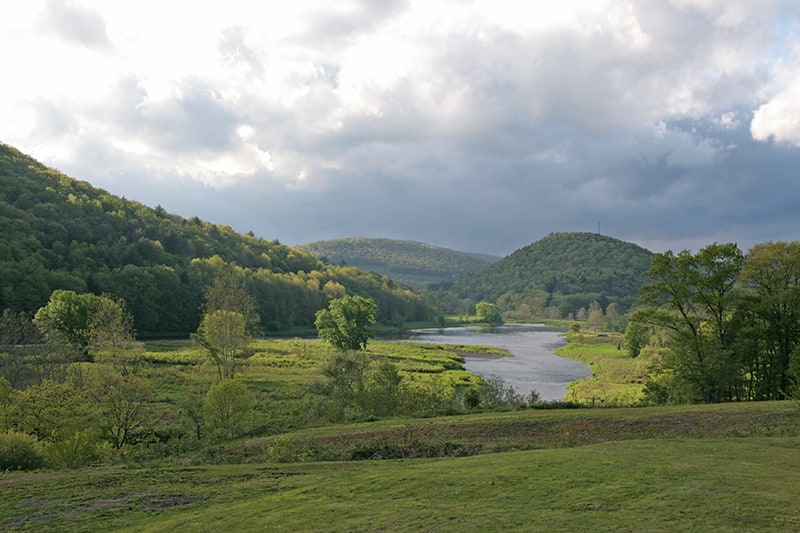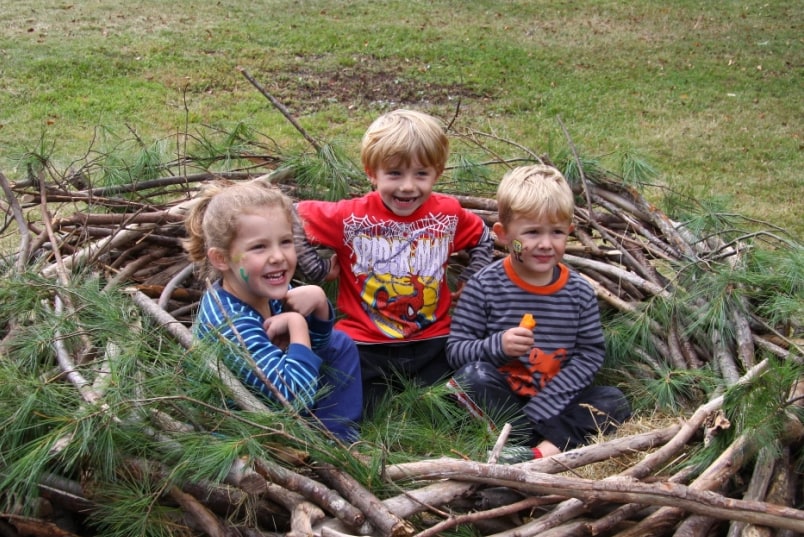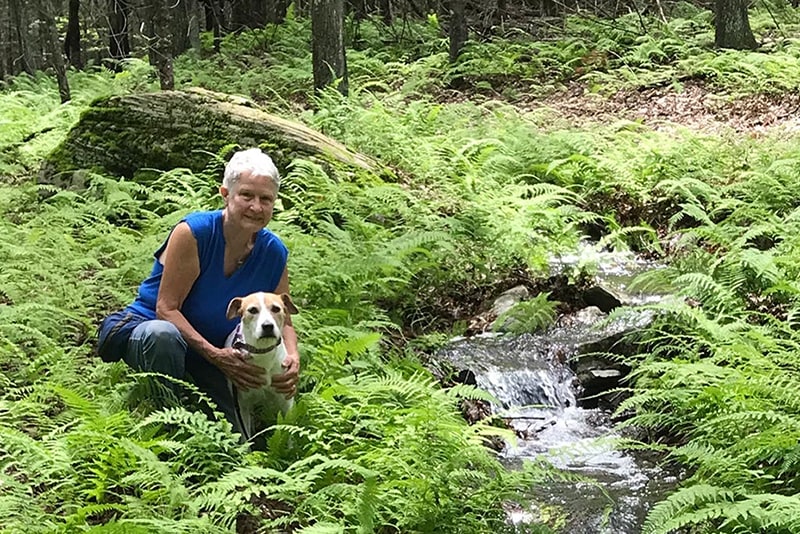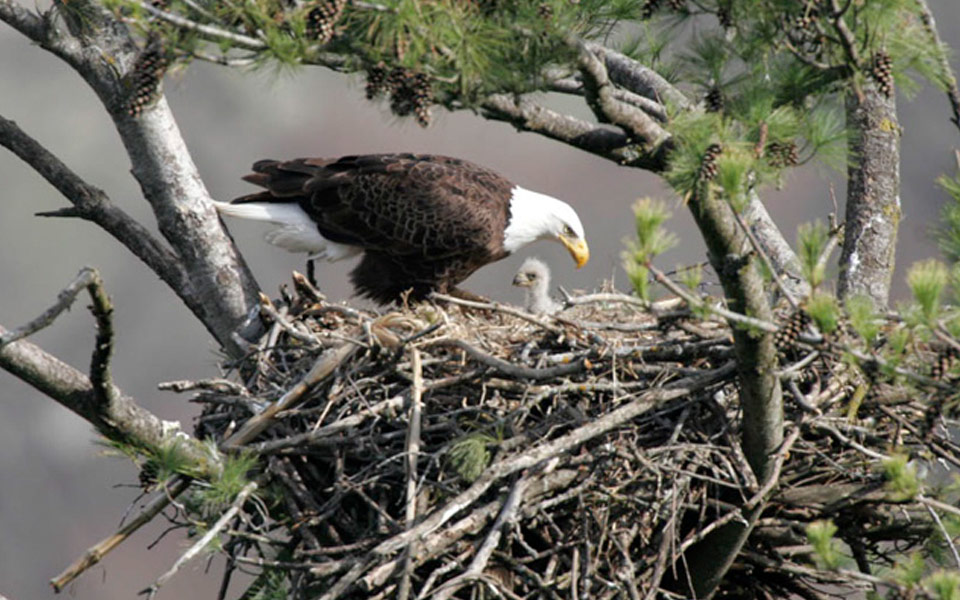What’s Special About Your Land?
Over time, many landowners come to love their land—its forests, fields, and streams, and the wildlife that lives there. Many people would love to know that some or all of their land will remain undeveloped after they are gone.
One way to achieve this is by working with the Conservancy to permanently protect some (or all) of your land with a conservation easement.
Protecting your land does require some planning and decision-making. To get started, we encourage you to ask yourself some questions.
What is it about your land that moves you to protect it for future generations?
Identify what makes your land unique. Does your land have exceptional water resources, wildlife habitat, or productive agricultural or forestland? Does it have river frontage, beautiful old stone walls, or a special spot that is meaningful to your family? Consider your conservation goals, such as protecting a unique plant community, maintaining grassland bird habitat, or continued sustainable harvesting of timber or agricultural use.
Which portions of the land would you really like to see kept natural? And conversely, where would you like to allow for improvements?
Use your conservation goals to decide where you would like to allow for future improvements and the types of improvements that you would like to see. These may include reserving the right to build an additional single family home, garage or shed, greenhouse, barn, or wildlife viewing areas.
Do you want an heir to own the land someday?
Think beyond the activities you will carry out on the land and consider the type of land use that may be of interest to future generations. Land protection efforts can face challenges because family members either didn’t communicate or could not agree. Discuss your ideas with appropriate family members – the key is to open the lines of communication so the planning process can begin.
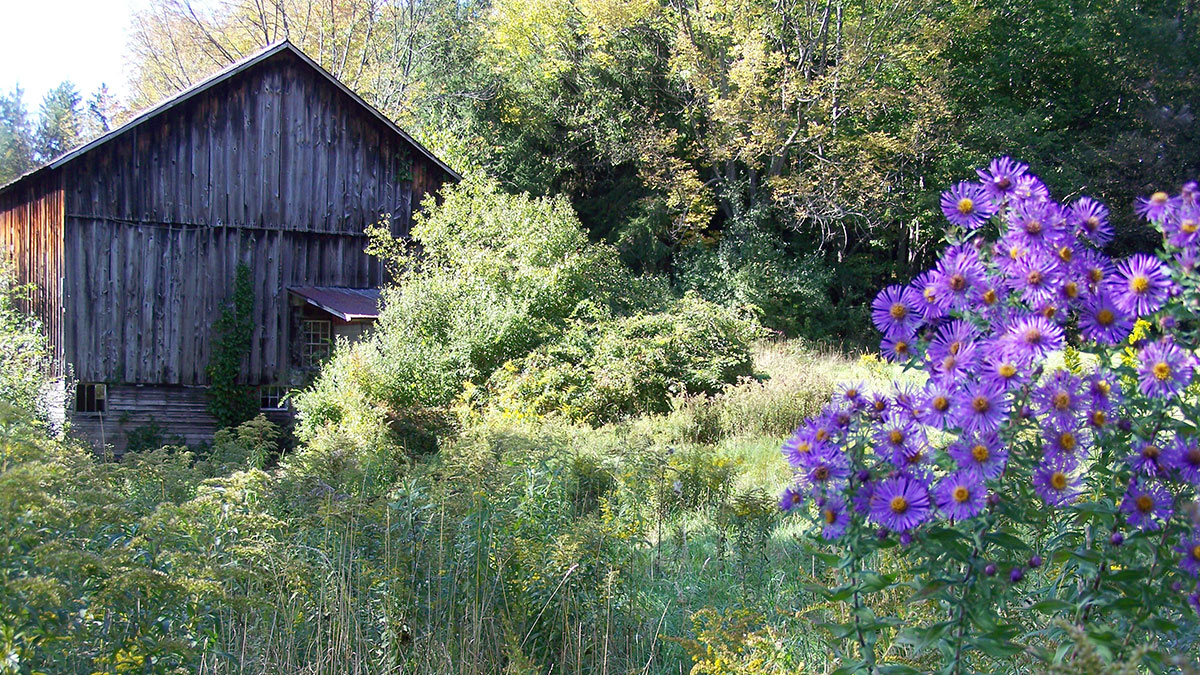
The care of the Earth is our most ancient and most worthy, and after all our most pleasing responsibility.
– Wendell Berry

